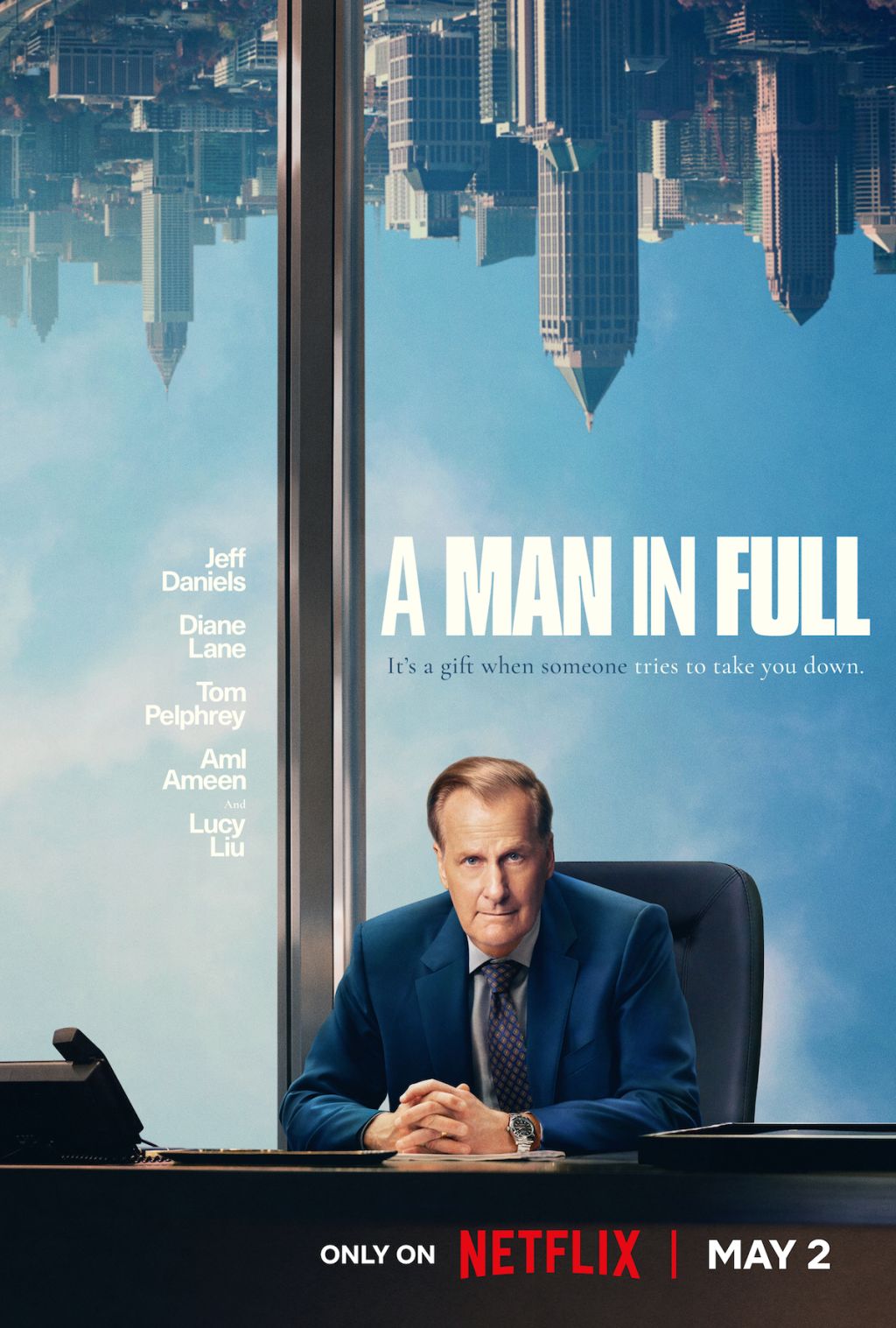https://www.instagram.com/p/ByOXtJmhPBA/
On The Moment He Signed To Def Jam:
Signing to Def Jam was years in the making. Basically I had a moment where timing and preparation equaled opportunity. Around 2016/2017 I was really building my legacy in DC. I had booked, promoted, and sold out my own shows locally. I ran a studio in Georgetown previously, which led to connections with artists in the city. I was going back and forth between DC, LA, and NY just figuring this music thing out. In LA I was crashing on couches and working with my longtime producer and friend, TK Kayembe. We made a record called “Price” and TK showed it to an A&R at Def Jam and within a month that A&R came to visit me in DC to see what I was about. After listening to all my unreleased records we talked about me coming over to Def Jam and the how we wanted to execute our visions. I think it was one of the best ways to meet because the A&R came to my city, met my people, got a taste of DC culture and knew we had something special. Shortly after that we made it official and dropped “Kill Moe”. Again, I grew up listening to legends like LL Cool J, DMX, Jay Z, and Run DMC, so to be a part of such a legendary roster is something I’m proud of no matter what happens in the future.
On The Advantages & Disadvantages Of Working With A Major Label:
One of the advantages of working with a major label is having access to what I call the machine — radio, television, you know… bigger ways to really gain exposure and be in front of the eyes you need to be in front of. With that being said, if you are at a certain point in your career a label makes sense. Sometimes it does not. Labels are beneficial when it comes to things like having budgets for marketing and promotions, radio, videos, and larger scale opportunities that are usually reserved for the “bigger” acts in this industry. In some cases an artist may already have great streaming capabilities, a growing fan base, touring, selling merch, and gaining sync placements. In this case you are already doing much of the work and a label can enhance what you are doing, but you may be just fine growing your business to the point where you are stable and can release your music yourself, own your masters, and dictate the direction of your career and gain more leverage. This can only help when you are negotiating. One problem I’ve experienced with labels is that there can be too many chefs in the kitchen, in which case the artist’s interest can be lost. With major labels that have a roster of superstars, being a priority and getting any attention can be one of the main disadvantages. Each case is different and you have to see what works for you.
















